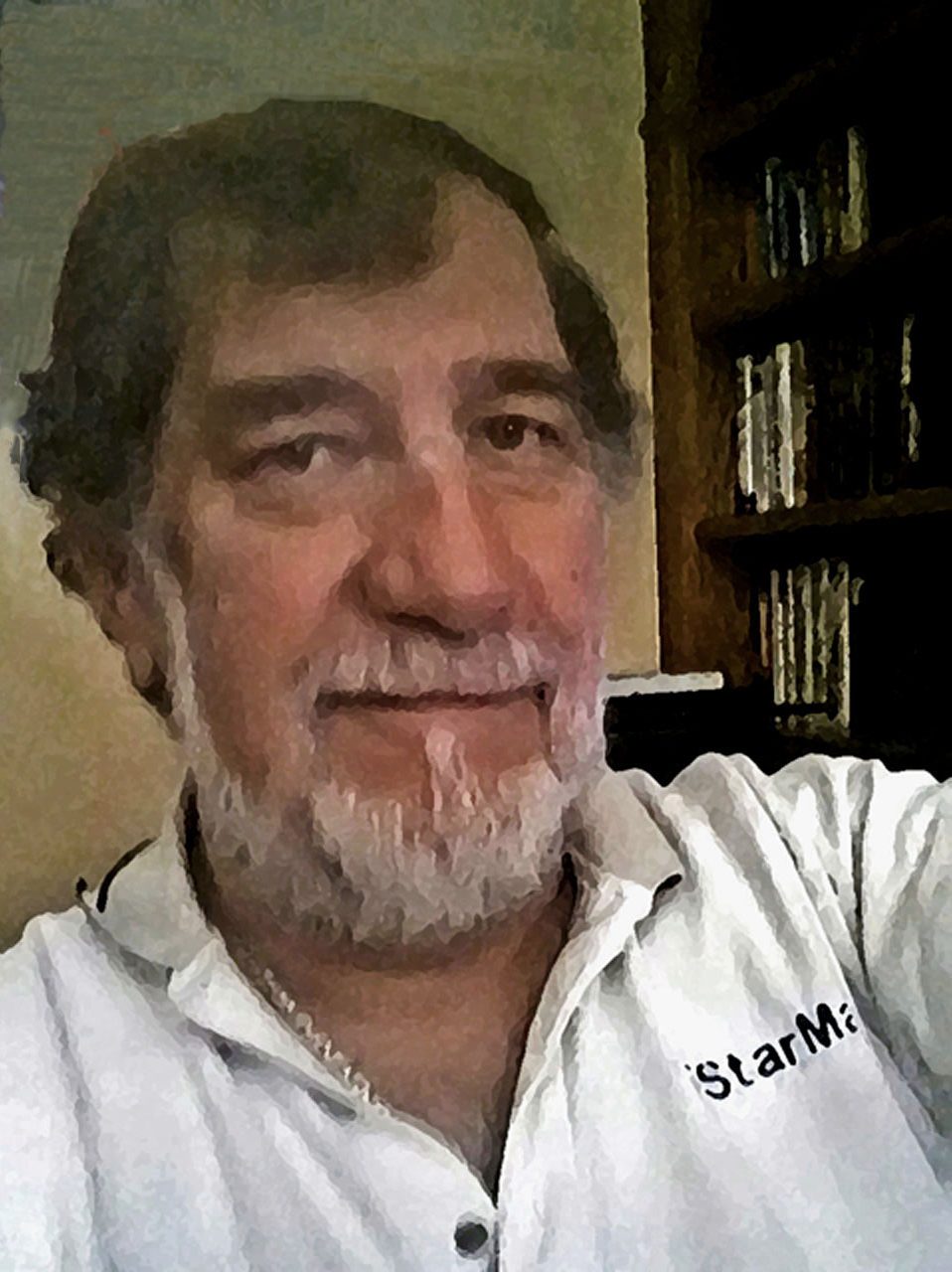The HOA legal structure and scheme is basically authoritarian in nature: strong central power, limited political freedoms, no accountability, and under the rule of man, not law.
CCHAL[1] argues be careful of “’rules’ put in place in the name of ‘health and safety.’ Yes, some – but not all – may be necessary, but the pandemic creates an environment for putting in place some repressive rules too.” And reading the Golden Rain proposed rules, yes, in my opinion also, they are repressive.
1. Pay a $500 deposit to get the ball rolling;
2. Apply for a permit at least three days before a planned protest;
3. Pick a maximum one-hour time slot during the day for the demonstration;
4. Ensure all participants social distance and stay out of roadways;
5. Plan on paying for any damage and cleanup costs;
6. Host protests only in an area bounded by three roads.
Proposed only rule 4 can be argued as in the interest of members health, safety and welfare as the GR CEO stated to the East Bay Times “This comes back to safety.”[2] Rule 5 comes across as intimidation as this topic is already contained within the governing documents, and assumes violence will occur. According to the article, indicating another overly broad sweep at restrictions, GR’s intent was directed at dealing with protestors, as occurred in May in regard to BLM, yet the rules apply to any gathering of members. Rules 3 and 6 appear to be arbitrary restraint on free speech.
Rule 1 is punitive and is in violation of California law enacted in 2017, SB 407,[3] as pointed out by CCHAL. In general, the GR board/trustees seem to have ignored the law and cannot say that they didn’t know the law.
According to East Bay, “Golden Rain CEO Tim O’Keefe told the committee that the Davis Sterling Act doesn’t apply here because the foundation is a private organization, not a ‘common interest’ area like a homeowner’s association.” That’s an unbelievable and irresponsible falsehood by the GF CEO! In the 2017 directly involving Golden Rain, the appellate court held,
“The court found that GRF is an ‘association’ subject to the Davis-Stirling Common Interest Development Act (Civ. Code, § 1350 et seq.) (the Davis-Stirling Act). fn. 1 We agree, and affirm.” (Golden Rain Foundation v. Carol Franz, 163 Cal.App.4th 1141 (2008). (Plaintiffs were Leisure World members).
HOA members should understand that the common defense of BODs is “upon advice of attorney,” and in this case we hear that “the proposed rules had been reviewed by the organization’s attorney.”[4] Are you aware of attorney rules of professional conduct? You would be surprised what they have been getting away with as I inform readers in my post.[5]
Two things stand out in my mind, from years of studying and analyzing BOD motivations and defenses, many times supported by the HOA attorney’s opinion: these HOA boards/trustees are rogue BODs functioning with complete disregard of the laws. HOA members BEWARE of your BOD and the opinions of its attorney!
Relevant sections of SB 407 include:
4515. (a) It is the intent of the Legislature to ensure that members and residents of common interest developments have the ability to exercise their rights under law to peacefully assemble and freely communicate with one another and with others with respect to common interest development living or for social, political, or educational purposes.
(c) A member or resident of a common interest development shall not be required to pay a fee, make a deposit, obtain liability insurance, or pay the premium or deductible on the association’s insurance policy, in order to use a common area . . . .
(d) A member or resident of a common interest development . . . may bring a civil or small claims court action to enjoin the enforcement of a governing document. The court may assess a civil penalty of not more than five hundred dollars ($500) for each violation.
There is no legitimate justification for GF’s proposed rule changes except to assert its power and control over the members. In general, including GR, HOA boards are authoritarian and supported by too many members who are authoritarian followers. In order to successfully deal with the unjust powers and authority of BODs, the legislators, the public, and HOA members in particular need to read and understand the social and political culture of HOAs. Visit my posts on authoritarianism in HOA-Land.[6]
References
[1] Marjorie Murray, email letter of July 26, 2020, Center for California Homeowner Association Law (info@calhomelaw.org).
[2] Annie Sciacca, “Want to protest at Rossmoor? Schedule it during business hours,” East Bay Times, July 10, 2020.
[3] Chapter 236, California Revised Code (2017), SB 407. http://leginfo.legislature.ca.gov/faces/billTextClient.xhtml?bill_id=201720180SB407
[4] Id.
[5] See my post, A lesson in professional conduct for HOA attorneys (2020).
[6] George K. Staropoli, HOAs undermine principles of democratic America (2020); Authoritarianism in the HOA-Land Nation (2020).



